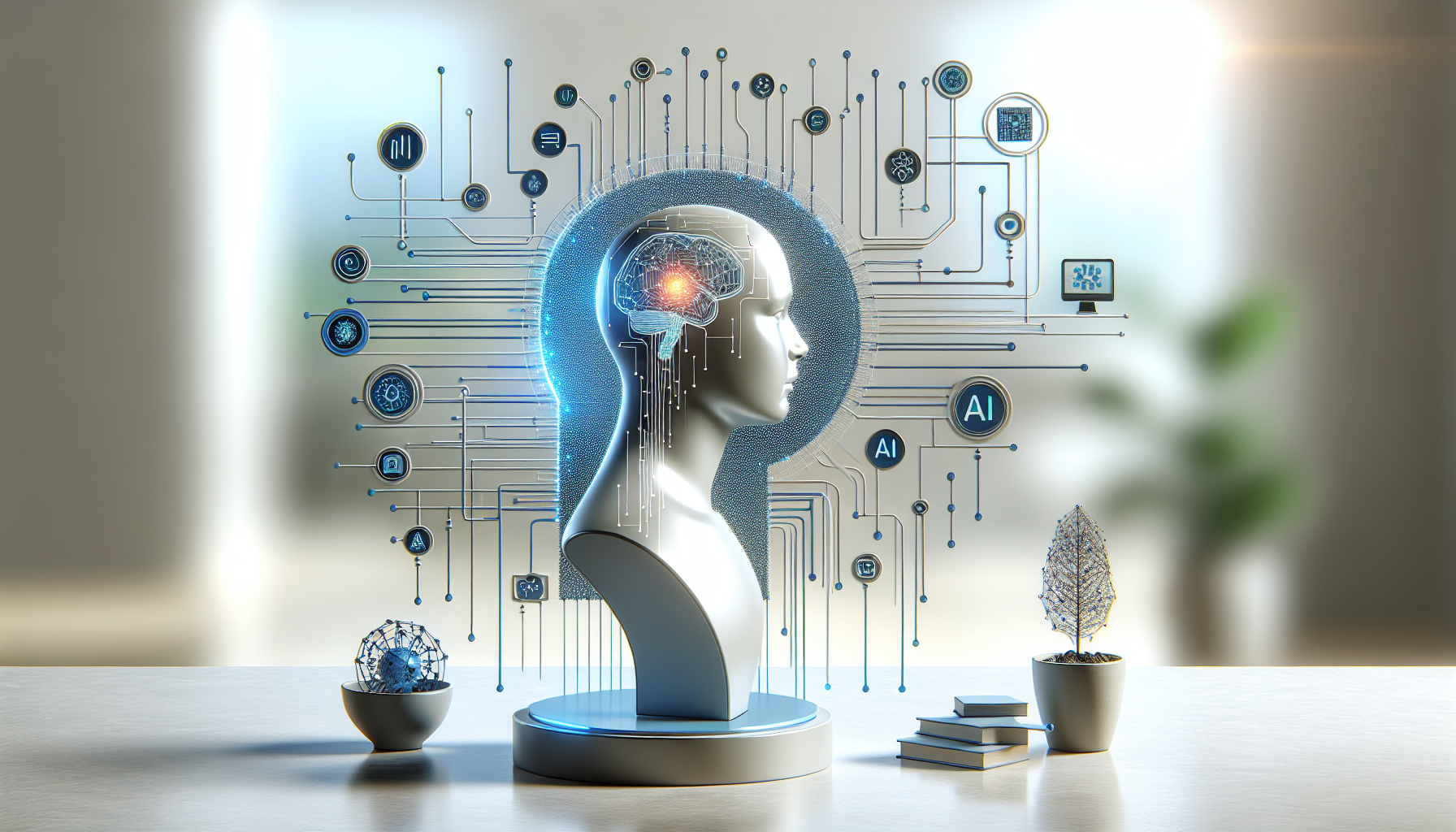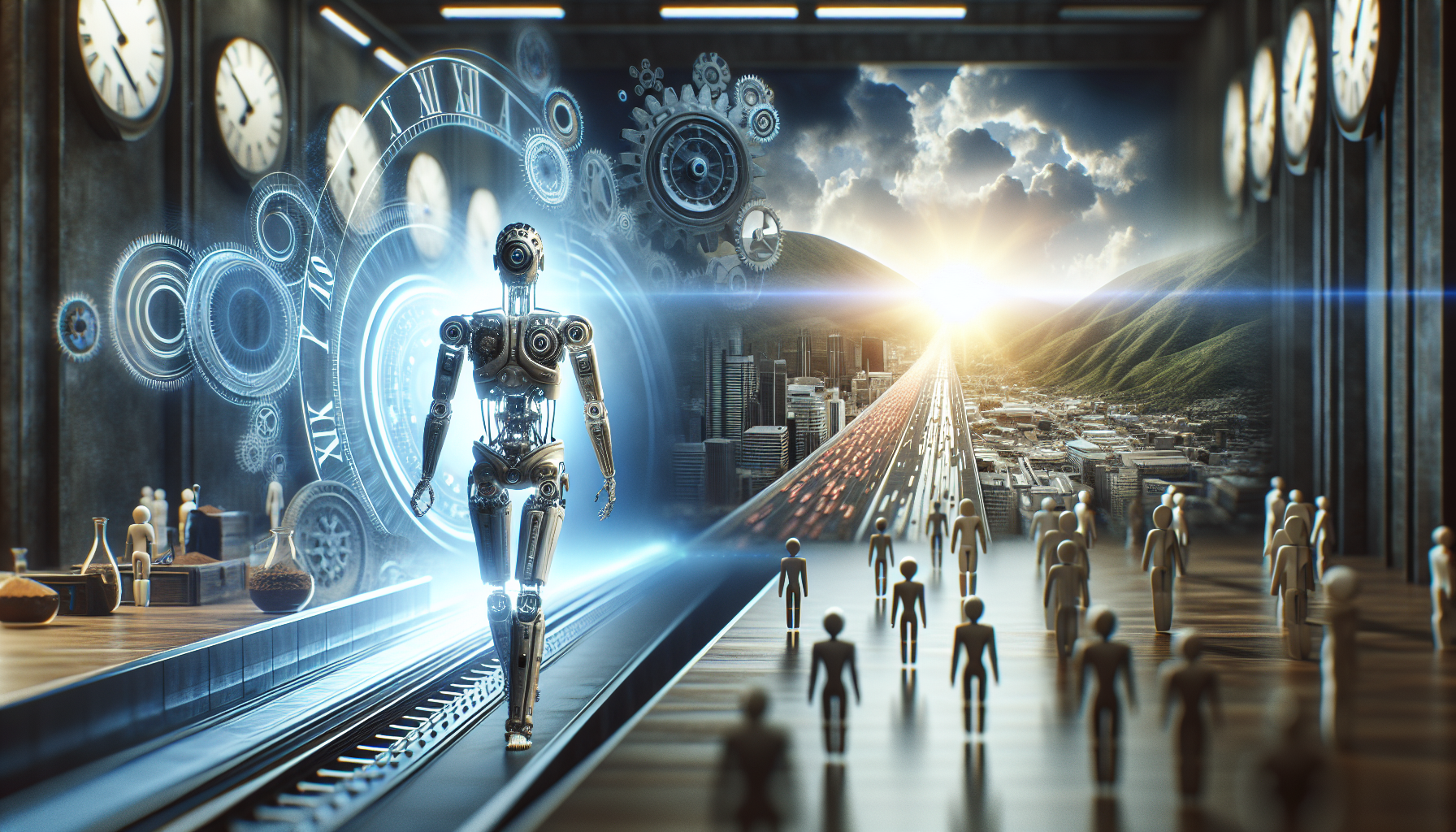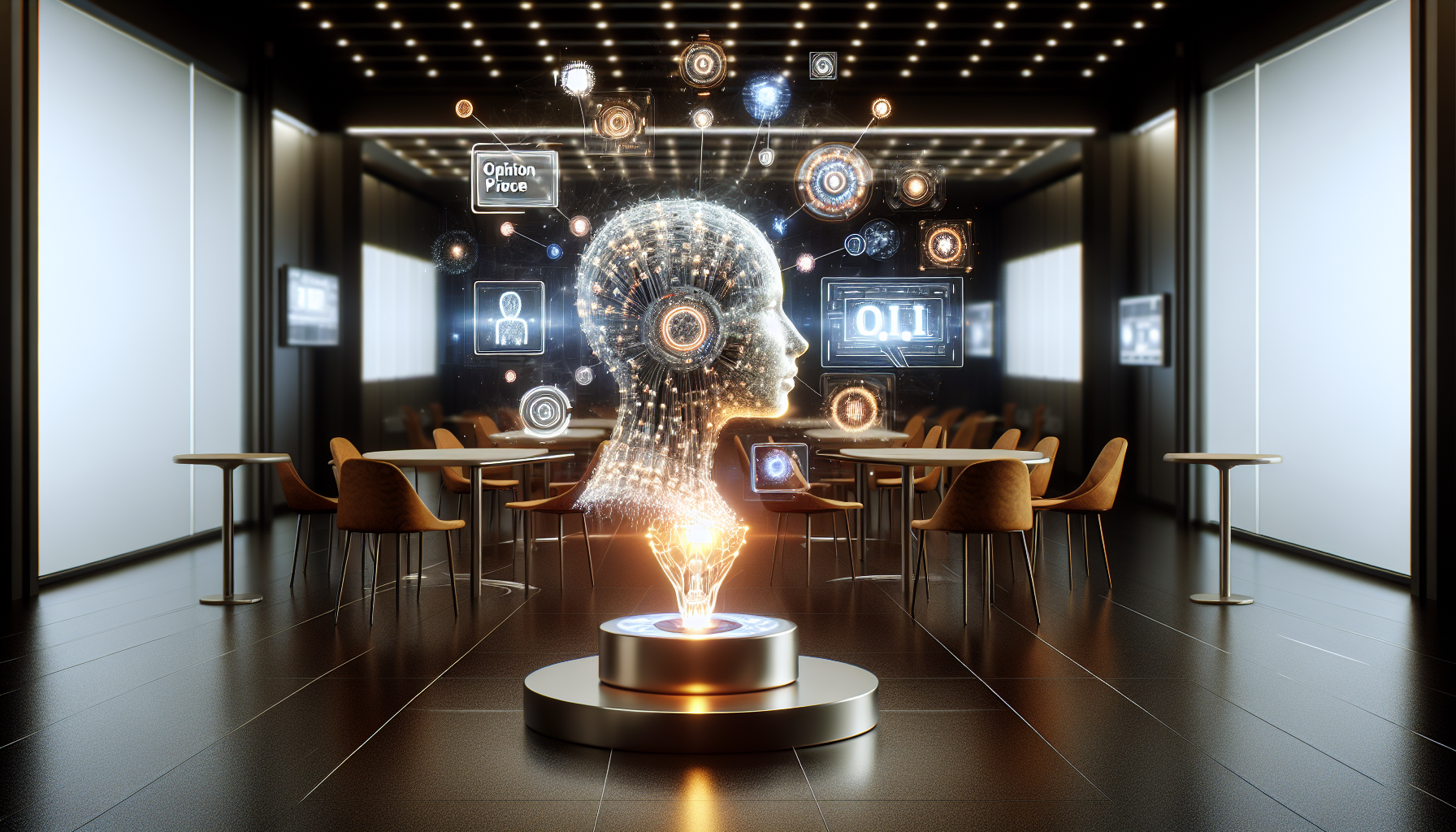
AI and Emotional Intelligence: Future Predictions for Understanding Human Emotions
September 10, 2025
Artificial Intelligence is revolutionizing how we interact with technology, but what happens when it starts to understand our emotions? The integration of emotional intelligence into AI systems presents a fascinating frontier with profound implications for society. While the idea of machines reading human emotions may sound like science fiction, advancements in AI technology are bringing this possibility closer to reality. This paradigm shift promises to enhance the way we live and work, but it also poses ethical challenges that demand our attention.
Imagine a world where your digital assistant not only schedules your appointments but also senses when you're stressed and offers a calming playlist. Or a chatbot that, instead of merely processing your words, interprets the nuances of your tone and adjusts its responses accordingly. These scenarios are becoming increasingly plausible as AI systems are trained to recognize and respond to human emotions through voice analysis, facial recognition, and even physiological cues. Such capabilities could transform customer service, healthcare, education, and various other sectors, making interactions more human-centered and empathetic.
One of the most compelling aspects of AI with emotional intelligence is its potential to revolutionize mental health care. AI-powered applications could provide continuous emotional support by analyzing users' emotional states and offering personalized interventions. This could be a game-changer for individuals who lack access to traditional mental health services, providing them with tools to manage their emotional well-being in real time.
However, as we move toward an emotionally intelligent AI, it's crucial to address the ethical implications and challenges. How much should machines know about our emotional states, and what are the implications for privacy? The data gathered to train AI systems on human emotions is deeply personal, raising questions about consent, data ownership, and the potential for misuse. Ensuring that AI systems handle emotional data responsibly and transparently must be a priority for developers and policymakers alike.
Moreover, the risk of emotional manipulation is a concern. If AI can read and influence our emotional states, it could be used to manipulate behaviors, whether in consumer contexts or more nefarious settings. Safeguards must be established to prevent such misuse, ensuring that AI serves as a tool for empowerment rather than exploitation.
In the workplace, emotionally intelligent AI could enhance productivity and employee satisfaction by fostering better communication and understanding between team members. AI systems could identify team dynamics and provide insights into how to improve collaboration, potentially reducing workplace conflicts and boosting morale. However, this also introduces the challenge of ensuring that AI interventions respect employee privacy and autonomy.
Education is another area ripe for transformation. Emotionally responsive AI could tailor educational experiences to individual students, adapting to their emotional states to enhance learning outcomes. By recognizing when a student is frustrated or disengaged, AI systems could adjust the learning pace or offer encouragement, creating a more supportive and effective educational environment. Yet, the implementation of such systems must be carefully managed to avoid over-reliance on technology at the expense of human interaction and judgment.
While the potential benefits of emotionally intelligent AI are vast, achieving this vision requires addressing several technical challenges. Teaching machines to understand the complexity of human emotions is no small feat. Emotions are subjective and influenced by a multitude of factors, including culture, context, and individual differences. Building AI systems that can accurately interpret and respond to such variability is a significant scientific and engineering challenge that requires ongoing research and innovation.
As we look to the future, we must ask ourselves how we want to shape the role of AI in understanding and interacting with our emotions. Should machines remain tools that enhance our natural emotional intelligence, or will they become entities with a form of emotional intelligence themselves? This provocative question invites us to consider not only the technological possibilities but also the philosophical and ethical dimensions of our relationship with AI.
The integration of emotional intelligence into AI systems offers a glimpse into a future where technology is not just smart but also empathetic. This development holds the promise of more meaningful interactions between humans and machines, transforming various aspects of our daily lives. However, realizing this potential requires a careful balance between innovation and ethical responsibility. As we stand on the brink of this new era, we must thoughtfully consider the kind of world we want to create and how AI can help us achieve it, fostering a future that enhances human flourishing in harmony with technological progress.


